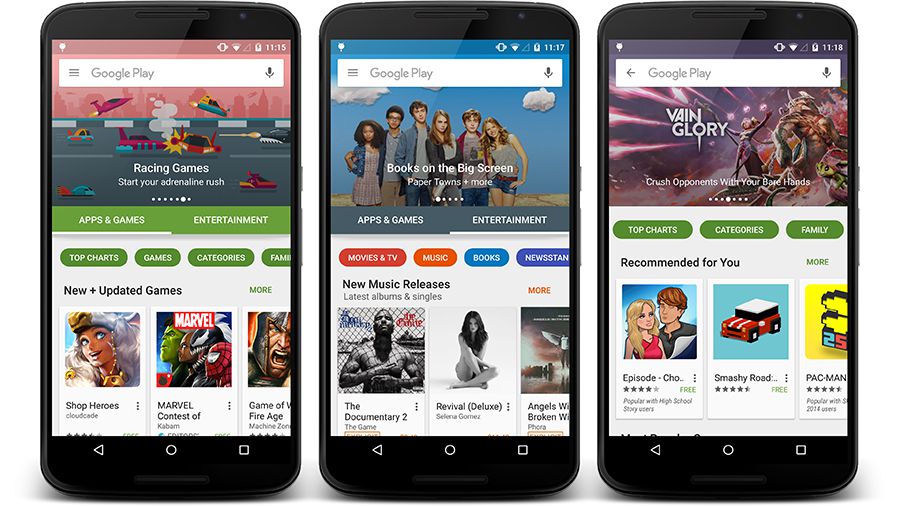Google will require all Android apps to be 64-bit beginning in August 2019
That's a bit of a head start

Sign up for breaking news, reviews, opinion, top tech deals, and more.
You are now subscribed
Your newsletter sign-up was successful
Google announced today that it's intending to get rid of all apps that aren't built with a 64-bit framework in the future, although it's fortunately giving developers and users alike until August of 2019 to switch over. After that, though, 32-bit apps are going the way of the dinosaurs.
The move is meant to prepare for a future version of Android that will only support 64-bit apps, and Google is billing it as an improvement for the platform's security performance as a whole.
"For apps that use native libraries, 64-bit code typically offers significantly better performance, with additional registers and new instructions," the announcement post says.
In fact, it's likely that many cross-platform developers are already prepared for the shift, as Apple already ended support for 32-bit apps in iOS 11 back in September.
One step ahead
The post, which is aimed at Android developers, also details new API level requirements. Under the new rules, developers will have to start specifically designing for Android Oreo's interface beginning in August of 2018, even if the app doesn't actually require Oreo. Each time a new version of Android comes out, Google will update this requirement for the next year with a new version to target.
In addition, Google announced that it's introducing security metadata that can prove if a particular app was authentically downloaded through the Google Play Store, which should help reduce malware downloads.
The hope seems to be that the changes will result in a more stable and uniform Google Play Store experience, much as you get with Apple's comparatively (until now) stricter App Store.
Sign up for breaking news, reviews, opinion, top tech deals, and more.
The new guidelines are part of a larger push toward greater standardization of the Android experience, such as how Google now requires all new phones that ship with Android Oreo to support Project Treble, Android's new auto-update feature.
- Google Pixel 2 review: meet Google's flagship smartphone